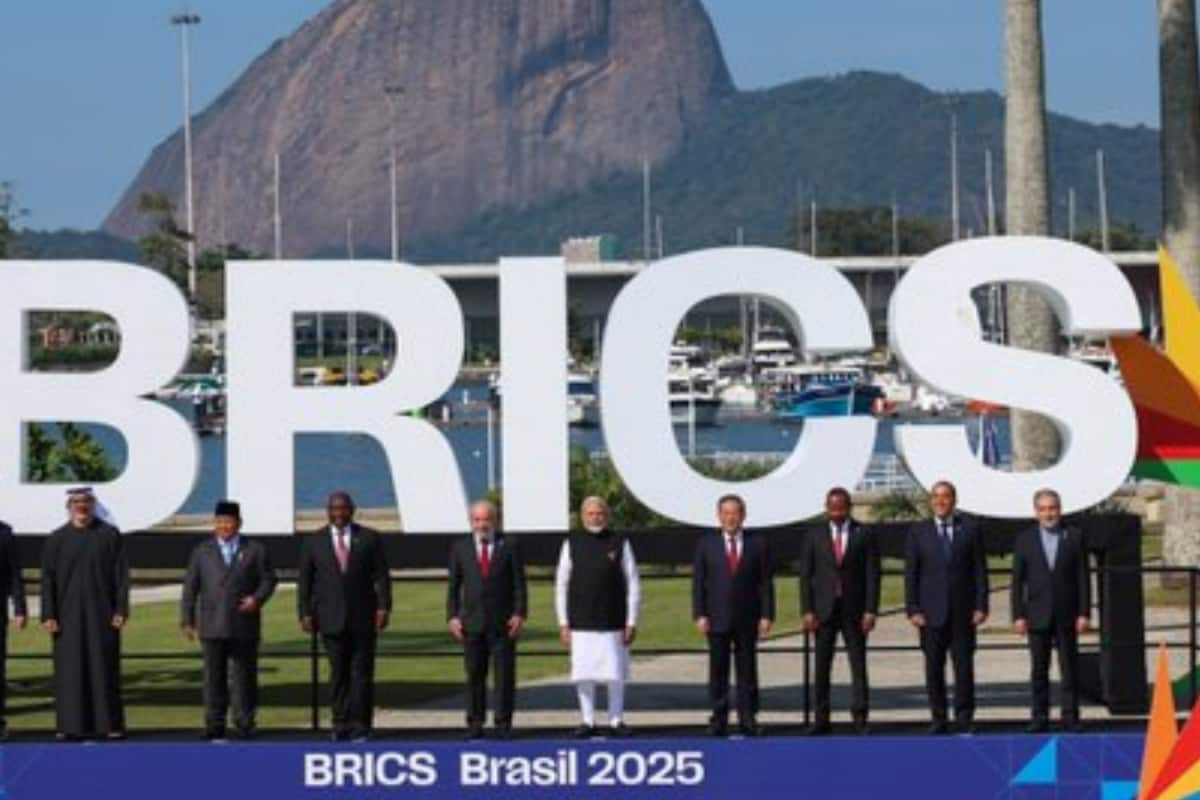

At the 17th BRICS Summit in Rio de Janeiro, Brazil, Prime Minister Narendra Modi emphasized the importance of including the Global South in world bodies, stating that these organizations are like "phones without SIM cards" without their participation. He highlighted the double standards faced by the Global South regarding climate finance, sustainable development, and technology access, where they often receive only token gestures.
PM Modi is on a five-nation tour to strengthen cooperation with the Global South, including visits to Ghana, Trinidad and Tobago, Argentina, Brazil, and Namibia. In Brazil, he is attending the BRICS Summit, where discussions will focus on strengthening multilateralism and addressing global health, economic, and financial matters.
The BRICS alliance, originally formed by Brazil, Russia, India, China, and South Africa in 2006, has expanded to include Saudi Arabia, Egypt, UAE, Ethiopia, Indonesia, and Iran. This bloc represents 40% of the world's population and over a third of global economic growth based on purchasing power parity, exceeding the G7 group of developed countries.
During the summit, PM Modi will engage in discussions on key global issues such as global governance reform, peace and security, strengthening multilateralism, responsible use of artificial intelligence, climate action, global health, and economic and financial matters. India is committed to BRICS as a vital platform for cooperation among emerging economies, striving for a more peaceful, equitable, just, democratic, and balanced multipolar world order. India will assume the BRICS Chairship next year, after last holding it in 2021.
In his address, PM Modi underscored the need for an inclusive and equitable global future, advocating for enhanced collaboration and fairness. He noted that the world is currently facing several uncertainties and challenges, including conflicts, adverse climatic impacts, and cyber threats, which place greater expectations upon BRICS.